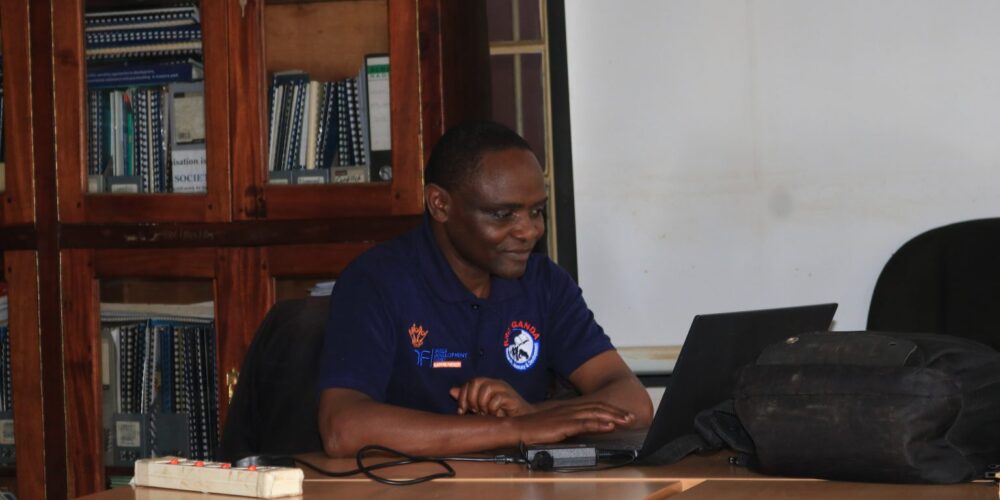In many regions of Uganda and across Africa, a significant majority of the population, comprising over 70%, is engaged in farming and small-scale businesses as their primary means of livelihood. Unfortunately, smallholder farmers and entrepreneurs in this demographic face a considerable challenge in accessing affordable capital to initiate, expand, or enhance their existing ventures. Subsequently, these individuals, often referred to as the ‘unbankable‘ by mainstream banking institutions, resort to obtaining high-interest loans from predatory money lenders.
As reported by the Ankole Times, during the National Resistance Movement Caucus held at the Entebbe State House on September 28, 2023, President Yoweri Kaguta Museveni Tibuhaburwa directed the Minister for Finance to issue a statutory instrument addressing the interest rates charged by money lenders, aiming to curb the observed misconduct. Credit is due to the source that provided this information, and appreciation is extended for the president’s directive. Without a doubt, notwithstanding other factors contributing to poverty among smallholder farmers and small-scale entrepreneurs, the combination of exorbitant interest rates from money lender sharks and the existing unfavorable tax regime has further exacerbated the poverty situation. The mere fact that the president acknowledged the issue of high interest rates suggests its prevalence nationwide.
Mpanga Market in Fort Portal Tourism City, where I am a regular client, instances of over-indebtedness among the struggling men and women who operate small restaurants and bars in what is colloquially referred to as ‘the Struggle Market’ are regrettably common. To put it more succinctly, numerous small-scale businesses find themselves ensnared in a web of debt. Technically, a debt trap occurs when a creditor extends loans to a borrower with excessively challenging terms, leading the clients to struggle to repay the loan. Consequently, the borrower is compelled to remain a perpetual debtor. In this scenario, the borrower effectively becomes an involuntary worker for the lender or the lending institution, without receiving compensation for their efforts. Over time, the lender starts eroding the borrower’s equity until the client’s capital is depleted. For lack of a more fitting term, let’s refer to this phenomenon as ‘Capital-Colonialism.’ Eventually, the lender extends its ownership influence over the client’s assets, ultimately seizing the collateral. Undoubtedly, this exacerbates the impoverishment of the already economically disadvantaged.
Notably, the cumulative impact of this will lead to a state of debt crunch. This is a situation in which the lender’s capacity to extend loans to the public diminishes due to a rise in loan defaults, with negative effects on overall economic performance. The president’s intervention, through a directive to the minister aimed at addressing the prevalent practice of borrowing high-interest loans by small-scale farmers and small to medium-scale entrepreneurs, is timely. This action is crucial in preventing the country from succumbing to a credit crunch.
By Mugisa Jared,
Microfinance and Agribusiness Manager


